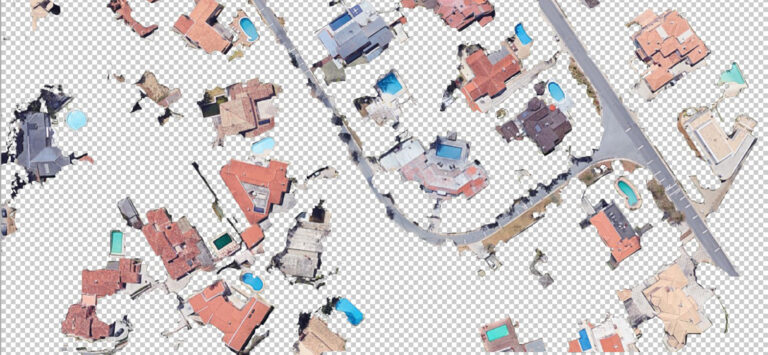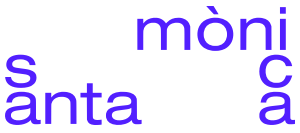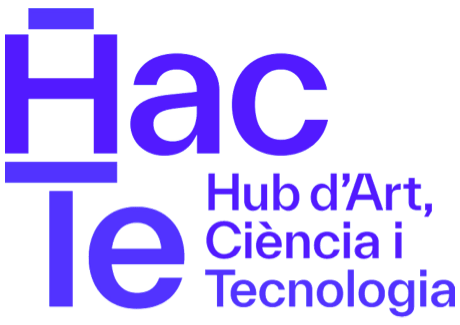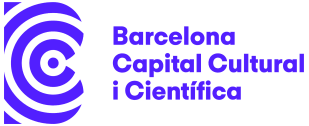'Paper'
← 'Paper'
June 10thFull paper / View from Above: Drone art and hacktivism for landscape transformation awareness

- Abstract: Aerial images have become commonplace on the media landscape around us, in places like TV news, films, and digital maps. However, do we consider what these images represent, both in the artistic field and in society?
The aim of this project is to raise these and other questions in order to reflect on how drones are getting inserted into the normality of everyday life and to question their vigilant scope. We ask how we as artists can act as hackers, disruptors and creators of new possibilities.
Our use of aerial images is not intended as surveillance, but rather as research on what is happening in certain areas where nature and worlds inhabited by humans coexist, most of them unknown to the majority of the local population.
- Biography: Joana Resende, is a master student in Multimedia Art, in the Faculdade de Belas-Artes of the University of Lisbon. She participated in the ARS Electronica with Frontiers || Territories, an artistic transmedia project, which entailed aerial photography, digital mapping and augmented reality. Nowadays she maintains the research in aerial photography as well as DIY technology and privacy ethics.
At the same time she is currently working in theatre, as a producer, having worked in theater and cinema festivals in Oporto and Lisbon. She has previously dedicated herself to dance and movement training and research, having participated in performances.
Mónica Mendes is a digital media artist, designer and professor at the Faculty of Fine Arts of the University of Lisbon, where she is the director of the Multimedia Art Department. She is also a researcher at ITI / LARSYS – Interactive Technologies Institute, founding member of AZ Labs hackerspace altLab and part of F3 – Food, Farming and Forestry coordination council of. Interested in designing for a more sustainable world, Mónica created the ARTiVIS project, exploring real-time interactive systems at the intersection of Art, Science and Technology. As an artist and researcher, she participated in diverse conferences, exhibitions and public demonstrations, such as Artech, Future Places, Popup, ACM Multimedia, TEI, SXSW, CHI, UCLA Art|Sci, Artropocode, ISEA, DIS, Balance-Unbalance, STTF Sustainable Futures, Civic Veillance, PDC, and Ars Electronica.
Pedro Ângelo is an independent research consultant for creative projects, technical director of the ARTiVIS project and an invited lecturer at the Design Department of the Faculty of Fine Arts of the University of Lisbon. He is currently finishing his PhD in Digital Media in the context of the UTAustin|Portugal program, developing better tools for the collaborative design of distributed interactive systems.
He has a background in Computer Science with post-graduate specializations in Computer Graphics, Virtual Environments and Digital Art. Combining agile development, creative coding, interaction design, hardware prototyping and digital fabrication, his goal is to translate creative visions into reality. His current research interests combine Open-Source technology, DIY/DIT collaboration dynamics and the development of more sustainable and resilient communities.
⟵ Return to 'Paper'





